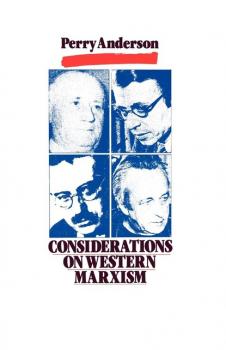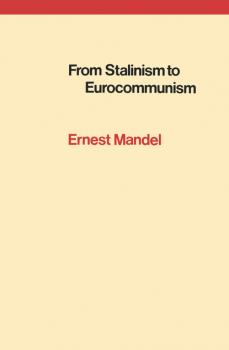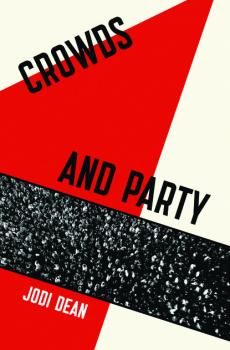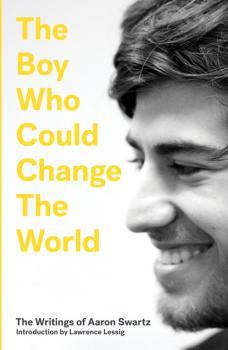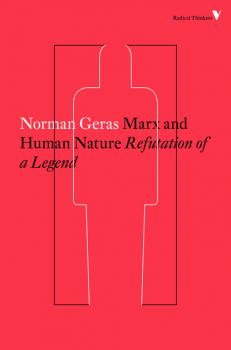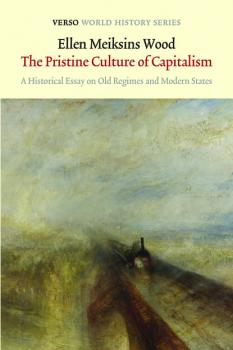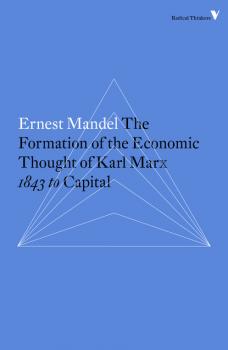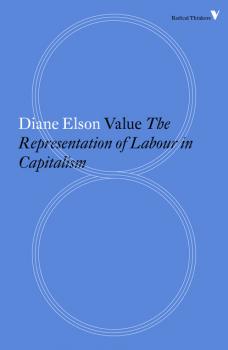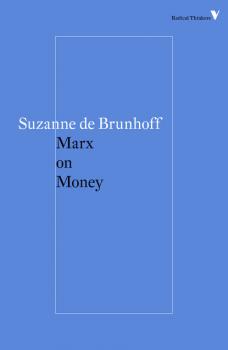ТОП просматриваемых книг сайта:
Социальная психология
Различные книги в жанре Социальная психология, доступные для чтения и скачиванияАннотация
This synoptic essay considers the nature and evolution of the Marxist theory that developed in Western Europe, after the defeat of the proletarian rebellions in the West and the isolation of the Russian Revolution in the East in the early 1920s. It focuses particularly on the work of Lukács, Korsch and Gramsci; Adorno, Marcuse and Benjamin; Sartre and Althusser; and Della Volpe and Colletti, together with other figures within Western Marxism from 1920 to 1975. The theoretical production of each of these thinkers is related simultaneously to the practical fate of working-class struggles and to the cultural mutations of bourgeois thought in their time. The philosophical antecedents of the various school within this tradition – Lukácsian, Gramscian, Frankfurt, Sartrean, Althusserian and Della Volpean – are compared, and the specific innovations of their respective systems surveyed. The structural unity of 'Western Marxism', beyond the diversity of its individual thinkers, is then assessed, in a balance-sheet that contrasts its heritage with the tradition of 'classical' Marxism that preceded it, and with the commanding problems which will confront any historical materialism to succeed it.
Аннотация
Ernest Mandel’s book is a study of Eurocommunism unlike any other. Written in the polemical tradition of Trotsky, its sweep extends well beyond the immediate prospects of the Communist Parties of Western Europe. Mandel traces the long historical process which has transformed the once embattled detachments of the Third International into the constitutionalist formations of “historic compromise” and “union of the people” today. He then goes on to argue that the national roads to socialism of contemporary Eurocommunism are the “bitter fruits of socialism in one country” in the USSR. Mandel’s book contains trenchant and documented criticisms of the ideas of Santiago Carrillo in Spain, the economic policies of the PCI in Italy, and the PCF’s theories of the State in France. But it also sets these Western developments in the context of European politics as a whole—discussing the Russian response to Carrillo, the organizational attitudes of the CPSU to the Western parties, and the emergence of major dissident currents in Eastern Germany sympathetic to Eurocommunism. From Stalinism to Eurocommunism represents the first systematic and comprehensive critique from the Marxist Left of the new strategy of Western Communism. It can be read as a barometer of the storms ahead in the European labour movement.
Аннотация
How do mass protests become an organized activist collective? Crowds and Party channels the energies of the riotous crowds who took to the streets in the past five years into an argument for the political party. Rejecting the emphasis on individuals and multitudes, Jodi Dean argues that we need to rethink the collective subject of politics. When crowds appear in spaces unauthorized by capital and the state—such as in the Occupy movement in New York, London and across the world—they create a gap of possibility. But too many on the Left remain stuck in this beautiful moment of promise—they argue for more of the same, further fragmenting issues and identities, rehearsing the last thirty years of left-wing defeat. In Crowds and Party, Dean argues that previous discussions of the party have missed its affective dimensions, the way it operates as a knot of unconscious processes and binds people together. Dean shows how we can see the party as an organization that can reinvigorate political practice.
Аннотация
The writings of the computer genius and Internet hacktivist whose tragic suicide shook the world In January 2013, Aaron Swartz, under arrest and threatened with thirty-five years’ imprisonment, committed suicide. He was twenty-six. But in his short life he had changed the world: reshaping the Internet, questioning our assumptions about intellectual property, and creating some of the tools we use in our daily online lives. He was also a leading critic of the politics of the Web. In this collection of his writings that spans over a decade, Swartz displays his passion for and in-depth knowledge of intellectual property, copyright, and the architecture of the Internet. The Boy Who Could Change the World contains the life’s work of one of the most original minds of our time.
Аннотация
In this passionate and polemical classic work, Norman Geras argues that the view that Marx broke with all conceptions of human nature in 1845 is wrong. rather, his later writings are informed by an idea of a specifically human nature that fulfill both explanatory and normative functions. Over one hundred and thirty years after Marx’s death, this book—combining the strengths of analytical philosophy and classical Marxism—rediscovers a central part of his heritage.
Аннотация
The controversial thesis at the center of this study is that, despite the importance of slavery in Athenian society, the most distinctive characteristic of Athenian democracy was the unprecedented prominence it gave to free labor. Wood argues that the emergence of the peasant as citizen, juridically and politically independent, accounts for much that is remarkable in Athenian political institutions and culture.
Аннотация
In this lively and wide-ranging book, Ellen Meiksins Wood argues that what is supposed to have epitomized bourgeois modernity, especially the emergence of a “modern” state and political culture in Continental Europe, signaled the persistence of pre-capitalist social property relations. Conversely, the absence of a “modern” state and political discourse in England testified to the presence of a well-developed capitalism. The fundamental flaws in the British economy are not just the symptoms of arrested development but the contradictions of the capitalist system itself. Britain today, Wood maintains, is the most thoroughly capitalist culture in Europe.
Аннотация
Ernest Mandel traces the development of Marx’s economic ideas from the Economic and Philosophic Manuscripts of 1844 to the completion of the Grundrisse. In a series of focused chapters he provides an overview of the debates and discussions central to Marxist economic theory.
Аннотация
This republication of a long out-of-print collection of essays, first published in 1979, focuses on the elusive concept of “value.” The field of study surrounding the theory of value remains comparatively sparse in Anglophone circles, and the essays here aim to answer the question, “Why is Marx’s theory of value important?”
Аннотация
The republication of Suzanne de Brunhoff’s investigation into Karl Marx’s conception of “the money commodity” brings vital discussion to commodities and their fetishism. The investigation of money as the crystallization of value in its material sense is central to how we understand capitalism and how it can be abolished. Marx on Money is a well-written analysis of how money, credit, debt and value fit into the “logic of capital” that characterizes commodity society.

